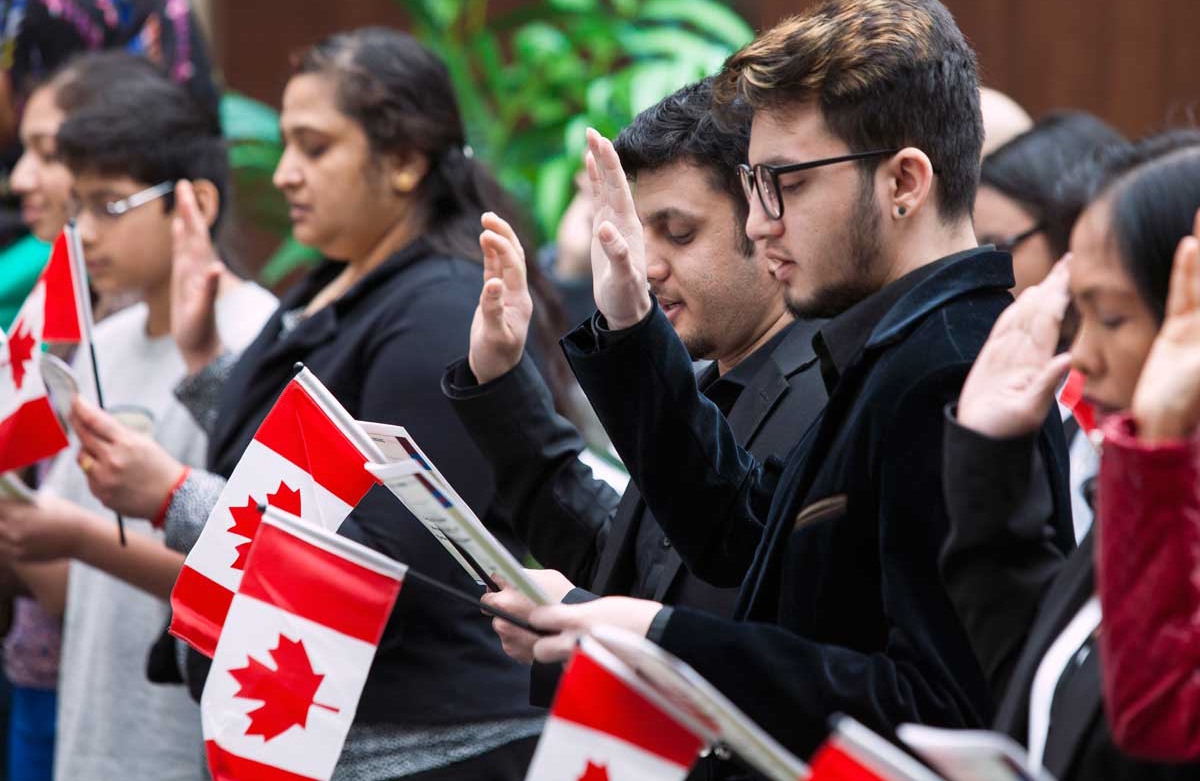Canadian Citizenship Unveiled: Interesting Facts
Canadian citizenship, often associated with the iconic maple leaf and multiculturalism, holds a wealth of surprising details and historical significance. Beyond the ceremony and the rights and responsibilities it entails, Canadian citizenship is a dynamic and evolving concept.
15 lesser-known facts about this cherished status of being a Canadian Citizen:
-
Pre-1947 British Subjects: Before 1947, Canadians were considered British subjects, not Canadian citizens. The Canadian Citizenship Act of 1946 created a distinct Canadian citizenship separate from British nationality.
-
World’s First Citizenship Act: Canada’s 1947 act was groundbreaking, the first in the Commonwealth to establish a separate citizenship from that of the United Kingdom.
-
Dual Citizenship Allowed: Unlike some countries, Canada allows dual citizenship, meaning you can be Canadian and a citizen of another country simultaneously.
-
Citizenship by Descent: If at least one of your parents was a Canadian citizen when you were born, you may be eligible for Canadian citizenship by descent, even if you were born outside of Canada.
-
Honorary Citizenship: Canada has granted honorary citizenship to exceptional individuals who have made significant contributions to the country or the world, such as Nelson Mandela and the Dalai Lama.
-
Loss of Citizenship (Historic): In the past, Canadian women who married non-citizens automatically lost their citizenship. This discriminatory practice was repealed in 1947.
-
Citizenship for Indigenous Peoples: The Indian Act historically denied Indigenous Peoples full citizenship rights. This was addressed through legal changes and reconciliation efforts.
-
Citizenship Judge: The Governor General appoints a Citizenship Judge who presides over citizenship ceremonies and makes decisions on complex citizenship cases.
-
Citizenship Grants: The government has the authority to grant citizenship to individuals in special circumstances, such as stateless persons or adopted children.
-
Lost Canadians: Some Canadians, particularly those born before 1947 or to parents who lost citizenship, may have unknowingly lost their citizenship due to legal complexities.
-
Citizenship Oath: New citizens are required to take an oath of citizenship, swearing allegiance to the Queen and pledging to fulfill their duties as Canadians.
-
Citizenship Ceremonies: Citizenship ceremonies, often held in community settings, are a formal celebration welcoming new Canadians into the national family.
-
Citizenship Court: Citizenship cases, such as appeals for denied applications or revocation of citizenship, are heard in the Federal Court.
-
Renunciation of Citizenship: Canadians can voluntarily renounce their citizenship if they wish to become citizens of another country that does not allow dual citizenship.
-
Evolving Citizenship Laws: Canadian citizenship laws have evolved over time to become more inclusive and equitable, reflecting the country’s commitment to diversity and multiculturalism.
Conclusion
Canadian citizenship is more than just a legal status; it represents a shared identity, a sense of belonging, and a commitment to the values of tolerance, diversity, and inclusivity. Whether you’re a new citizen or a long-time resident, exploring the intricacies of Canadian citizenship reveals a fascinating tapestry of history, law, and human rights.


